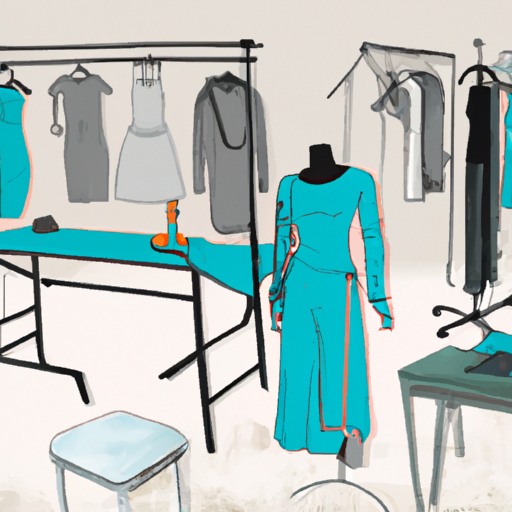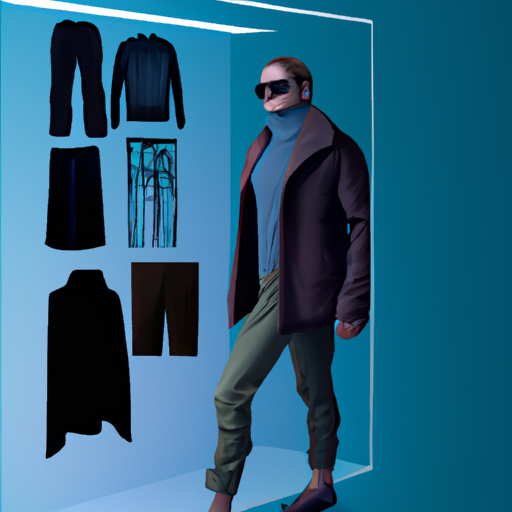Sustainable fashion is revolutionizing the clothing industry's environmental impact. Designers and brands are pioneering innovative approaches to reduce waste and promote ethical production methods. This movement represents a critical response to the fashion industry's historical environmental challenges.

The fashion industry has long been recognized as one of the most environmentally damaging sectors globally, responsible for significant carbon emissions, water pollution, and textile waste. However, a transformative movement towards sustainable fashion is rapidly gaining momentum, promising to reshape how we produce, consume, and think about clothing.
Sustainable fashion encompasses a holistic approach that considers environmental impact, ethical labor practices, and long-term resource management. This isn't just about creating eco-friendly garments, but reimagining the entire fashion ecosystem from design and production to consumption and disposal.
Innovative materials are at the forefront of this revolution. Designers are experimenting with fabrics made from recycled plastics, agricultural waste, and even innovative bio-materials like mushroom leather and algae-based textiles. These materials offer environmentally friendly alternatives to traditional synthetic and resource-intensive fabrics.
Circular fashion models are gaining traction, emphasizing clothing design that minimizes waste and maximizes material reuse. Brands are implementing take-back programs, where customers can return worn clothing to be recycled or repurposed, creating a closed-loop system that reduces overall waste.
Technology plays a crucial role in advancing sustainable fashion. Advanced recycling technologies can now break down complex textile blends, allowing for more efficient material recovery. Digital design tools enable more precise pattern cutting, reducing fabric waste during the manufacturing process.
Consumer awareness and demand are driving significant changes in the industry. Younger generations, particularly Millennials and Gen Z, are increasingly prioritizing brands with transparent, ethical, and environmentally responsible practices. This shift is forcing traditional fashion houses to reevaluate their production methods.
Fair labor practices are equally important in the sustainable fashion conversation. Ethical brands are focusing not just on environmental impact, but also on ensuring safe working conditions, fair wages, and supportive environments for workers throughout the supply chain.
Economically, sustainable fashion is proving to be more than just an ethical choice—it's becoming a viable and profitable business model. Many sustainable fashion brands are seeing increased market share and customer loyalty as consumers become more environmentally conscious.
Local and global policy initiatives are also supporting this transition. Governments are implementing regulations that encourage sustainable practices, such as carbon taxes and waste reduction mandates, further incentivizing brands to adopt more responsible approaches.
The future of sustainable fashion looks promising. As technology advances, materials become more innovative, and consumer consciousness grows, we can expect even more radical transformations in how clothing is designed, produced, and consumed.
Ultimately, sustainable fashion represents more than an industry trend—it's a critical response to global environmental challenges, offering a pathway towards more responsible and mindful consumption.



